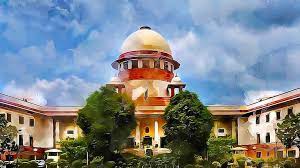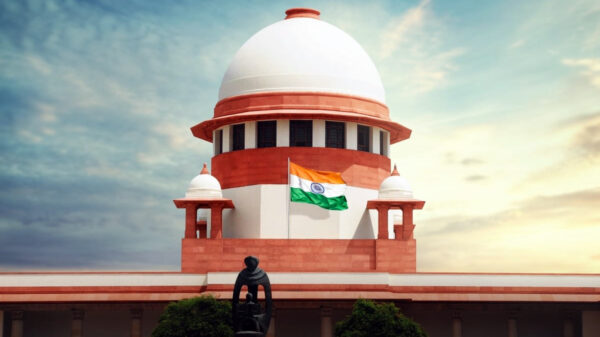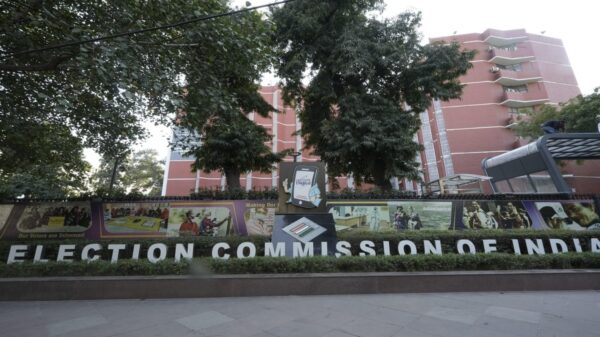Last Updated on July 9, 2022 by
Written By- Pretika Tiwari
State of Madhya Pradesh through Principal Secretary & ors. v. Seema Sharma
Seema Sharma was appointed as Librarian-cum-Museum Assistant in Government Dhanvantri Ayurvedic College at Ujjain. Sharma claimed the UGC scale of pay similar to the persons in the senior scale of Librarian in colleges under the Higher Education Department. When the State did not accept her request, she moved to the Court to claim her relief under the Madhya Pradesh Education Service (Collegiate Branch), Recruitment Rules, 1990 (‘1990 Rules’). The Madhya Pradesh High Court, while relying on the judgement of Madhya Pradesh & Anr. vs M.K. Verma & four Ors. accepted the argument of Sharma and granted her relief. But the State Authorities pleaded before the apex court that the 1990 rules mentioned by the respondent were not applicable in her case. Since 1990 rules have been relevant to all those colleges under the Higher Education Department, but the Ayurvedic College is under the Ayush Department of the Government of Madhya Pradesh.
The bench of Justices Indira Banerjee and JK Maheshwari observed that an employee could not claim equal pay solely on the basis of designation or similarity, or quantum of work. The Court said, “The doctrine of equal pay for equal work could only be invoked when the employees were similarly circumstanced in every way. Mere similarity of designation or similarity or quantum of work was not determinative of equality in the matter of pay scales. The Court had to consider all the relevant factors such as the mode of recruitment, qualifications for the post, the nature of work, the value of work, responsibilities involved and various other factors.” The Court also noted that setting pay scales is a matter of policy, and courts can only get involved in exceptional situations where there is discrimination between two groups of employees who were appointed by the same authority, in the same way, with the exact eligibility requirements, and with duties that are completely identical in every way. Therefore, the Court allowed the State’s appeal and set said the order of the High Court.


























